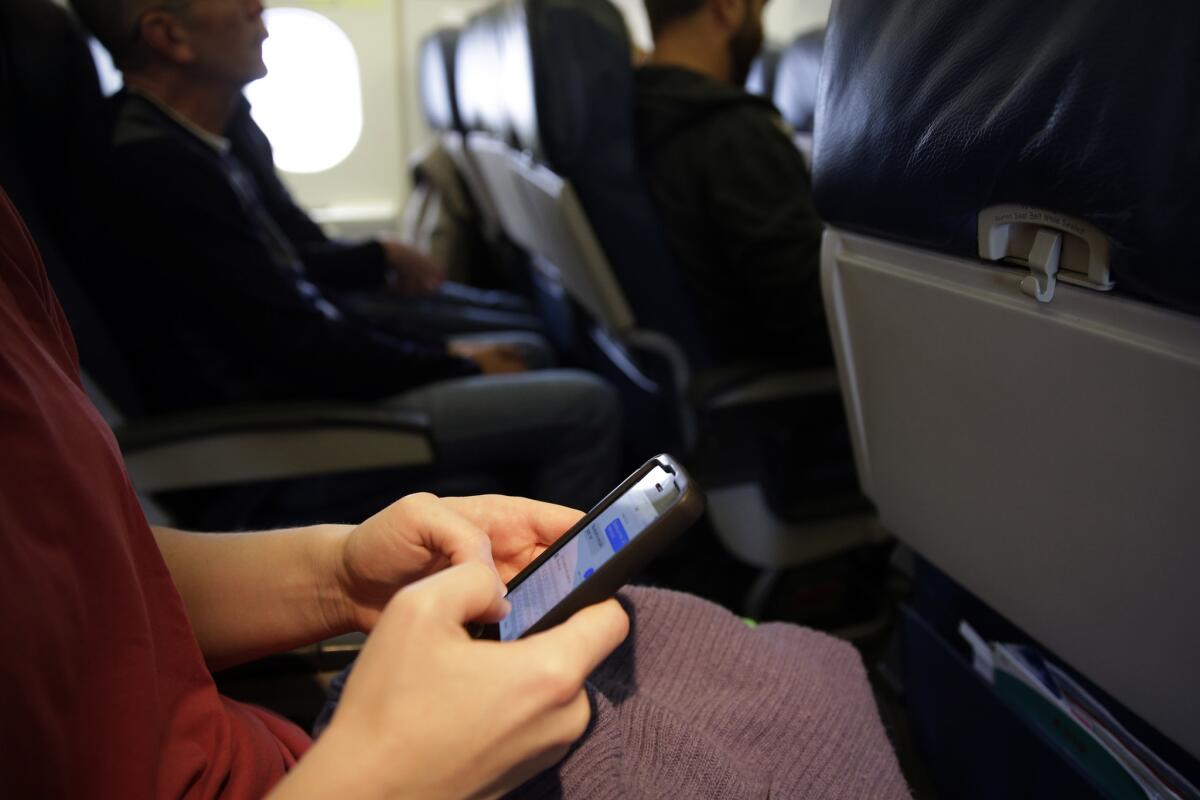Americans say they’ve lost control over personal data, Pew study finds

Americans overwhelmingly feel they have lost control over their personal information, with a majority concerned about monitoring of their communications by the government and businesses, a new Pew Research Center survey finds.
The research, published Wednesday, focused on public perceptions of privacy after Edward Snowden leaked documents disclosing widespread surveillance by the National Security Agency.
“Americans’ lack of confidence in core communications channels tracks closely with how much they have heard about government surveillance programs,” the survey said.
Pew’s survey found 91% of adults either agreed or strongly agreed that consumers have lost control over their personal information, while 88% of adults agreed or strongly agreed that it would be “very difficult to remove inaccurate information about them online.”
Trust in the government doesn’t fare much better -- 80% of adults said Americans should be concerned about the government’s monitoring of phone calls and internet communications.
“Respondents felt like there was this cloud of uncertainty hanging over how their data is being used,” said Mary Madden, a senior researcher with Pew’s Internet Project.
Despite their concern over the government’s access to their data, Americans said they feel the same government could do more to regulate how advertisers use their personal information. Only 34% of those surveyed said the government should not get more involved.
And it’s not just older generations who are worried about their privacy — 32% of respondents 18 to 29 years old said they had asked someone to correct or remove information about them online.
“The stereotype is that millennials don’t care at all about privacy,” Madden said. “But they are just as likely to say they would like to do more about protecting their privacy.”
In certain cases, they are more sensitive to information shared online — such as emails or records of phone numbers called or text-messaged -- than older generations, she added. For example, about half of respondents said phone conversations, emails and text messages are “very sensitive” information, and one in four described such data as “somewhat sensitive.”
Nearly all respondents consider Social Security numbers the most sensitive piece of personal information. Tastes in media and purchasing habits are among the least sensitive categories of data.
“Millennials are more deeply invested in using these tools,” Madden said. “It’s a central part of their daily life and that contributes to the fact that the information contained there is quite sensitive to them.”
The survey questioned a representative sample of 607 U.S. adults.
Follow me on Twitter: @ParviniParlance
More to Read
Start your day right
Sign up for Essential California for news, features and recommendations from the L.A. Times and beyond in your inbox six days a week.
You may occasionally receive promotional content from the Los Angeles Times.







